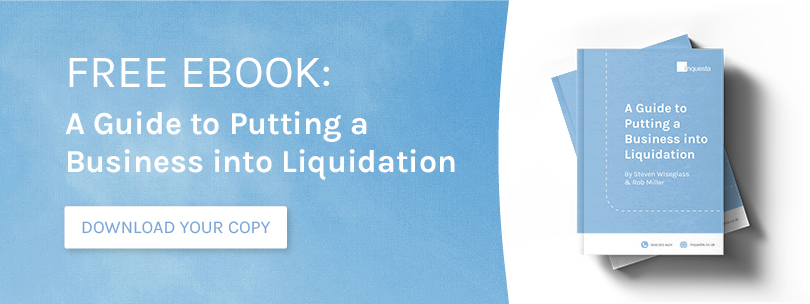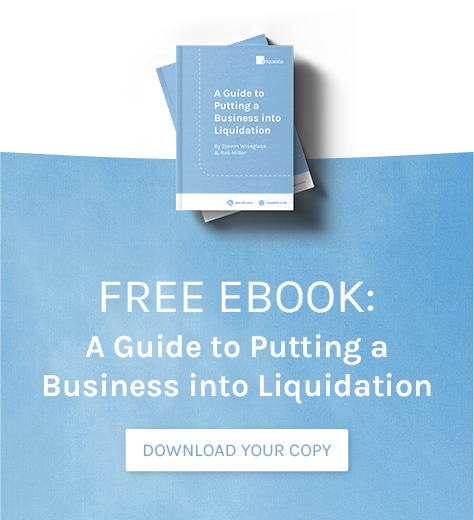Working capital may be one of the most important terms in all of business.
Understanding why working capital is important can be the difference between a successful business and being inundated with debts and liabilities. It is a reliable metric for how responsibly run and financially stable a company is.
Gambling on red might be fun to do in the casino, but when it comes to business it can be dangerous. Not understanding the importance of working capital can cost you your business, and cost its employees their livelihoods.
What is Working Capital?
Before discussing why working capital is important, it could be useful for you to understand what it is. Working capital is the currency that keeps the business world ticking along every day.
It represents the capital balance a business has; positive or negative, and it highlights a company’s deficit between its assets and debts. It’s a figure representing the amount of money your business is left with once all money in the last 12 months has gone in and come out of your account.
A well run, efficient business will consistently check back on their working capital and make sure it remains at a healthy level, that they have enough liquid assets leftover to cover all bills. A low working capital is a recipe for disaster and could lead to serious financial trouble for your business if something goes awry.
Are Working Capital and Cash Flow different?
Well, yes. From a distance they may appear to be the same thing, but you should never make the mistake of mixing them up.
Working out a company’s cash flow can tell you how much money a business is generating within a certain period of time – enabling you to see an overall balance of a company as well as the incoming and outgoings.
But it doesn’t show you the bigger picture, how equipped you could be to survive a sticky patch, how prepared you are if something affects your business’ operations etc.
Working capital represents just that, the wider, clearer picture of how a business is managing its finances, a clear overview of the efficiency of its operation and an idea of its short and long-term viability.
How to Work out Working Capital
The most simple way of working out the working capital of a business is by dividing the current assets of a business by its outstanding liabilities.
So a company with £100,000 worth of assets and £50,000 worth of liabilities will have a working capital of 2.00
There are other forms of working capital with their own formulas and techniques of estimation. This includes methods that exclude cash from the equation and more.

Additionally, it is also handy for businesses to try to estimate what their working capital requirements for the coming year will be, so an owner can try to work towards an estimated figure to keep them operating in a healthy manner. The main methods of working out working capital requirements are:
- Percentage of Sales Method: Using historical data you estimate next year’s working capital based off of the previous five years calculations.
- Operating Cycle Method: This is considered a highly reliable way to work out a company’s working capital requirements. It involves the duration of a company’s cycle from work beginning to receiving compensation for services. The longer the cycle period the bigger the working capital requirements.
For more information about how to assess your working capital requirement, please check out our blog on the subject.
The Importance of Working Capital Management
Working capital is key. It’s particularly important for businesses because they require a regular supply of cash to continue regular outgoing payments to suppliers, landlords, employees etc.
Effective management of a businesses working capital can boost operation and vastly improve the health and wellbeing of the firm, and can remove any dependence on outside parties for funding.
Working capital is also pivotal for businesses in particular because it can simply act as a way to see how well, or badly it is running. It can provide evidence of whether a business is firing on all cylinders and performing to its best, or slowly sinking under poor management and debt.
In addition, working capital can give creditors, suppliers, and investors an understanding of whether they want to work with them, if their money is in safe hands.

Getting the working capital balance wrong can have damaging effects on a business’s future should something happen. Take a gamble and bet on yourself to be fine and cutting your capital close could cost you badly. You could find yourself without money in the bank to capitalise on an opportunity that presents itself to grow your foothold.
While if something unpredictable happens and your business needs money that might not be readily available to get out of a hole, you could find yourself struggling to get out, and without cash in reserve, paying bills and paying employees can become an issue very quickly if you aren’t careful.
The aim of a business and the goal for your working capital is to have enough liquid money in reserve to handle any issues that may arise without stumbling, being able to continue as normal with all of your outgoings with no fear of lack of funds.
How Inquesta Can Assist You With Working Capital
Understanding why working capital is important and how you can harness it are vital for your business. For expert assistance and advice in understanding working capital that you know you can trust, contact Inquesta. We are experts in all aspects of business finances, from forensic accounting to company liquidation; divorce to fraud.
Experts in supporting businesses across a variety of industries and specialties, we are perfectly placed to assist you in any possible issue and help to educate you, to help you grow your business sustainably and responsibly for long-term success.
Inquesta are committed to putting the needs of each and every one of our clients first, above all else. This is why we work to integrate ourselves in the core culture of each and every client we work with, to gain an understanding of the case, what we can do to assist, and how we can help you in the long run. No jargon, no hidden agendas, just hard work and great results.
For more information about how Inquesta can help, contact a member of our team today, or request a no-obligation consultation.



